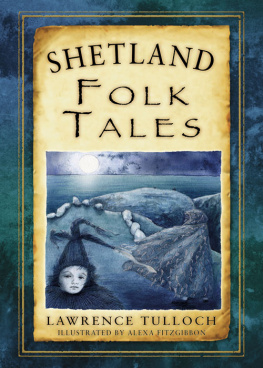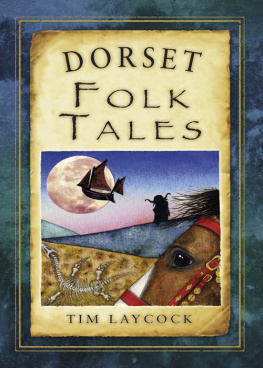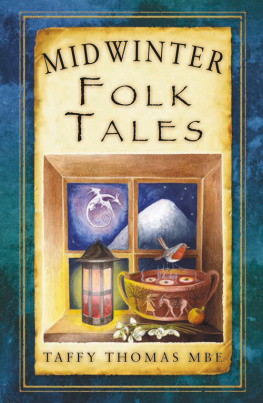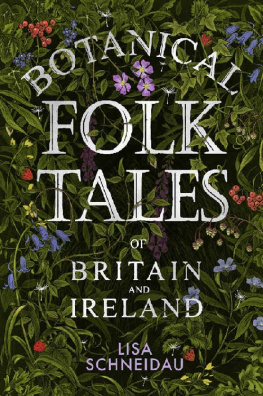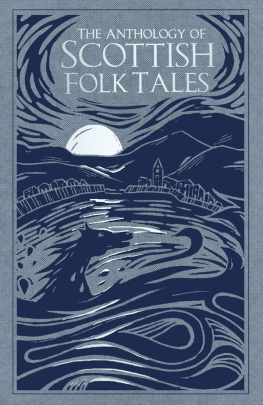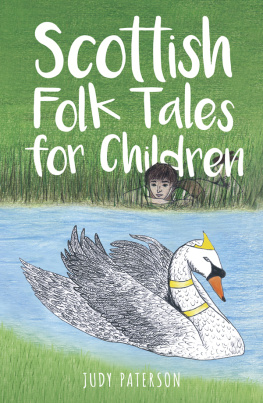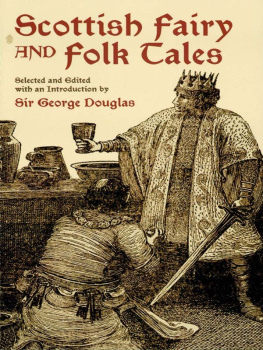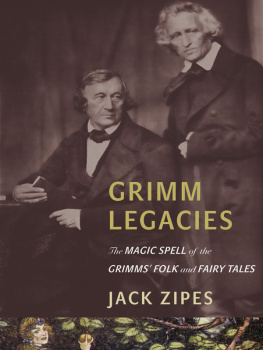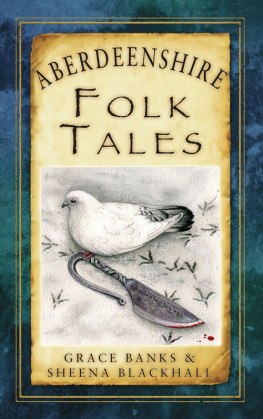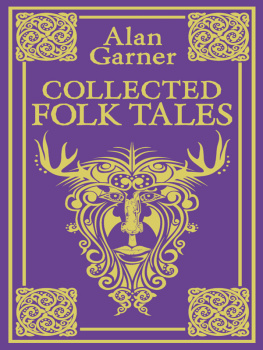
C ONTENTS
In compiling a book of stories it is not just the folk that you learned the stories from who have to be thanked. There are also the folk, long gone, who took the stories on during their lifetime.
My father, Tom Tulloch, was a major source of stories for me. He learned the stories from his mother and she got them from her father. Any storyteller will say much the same thing.
As well as the Henderson men, regular visitors to our house were Andrew Williamson from a house called The Brake. My Uncle Bobby from Brough told me about the sheep thief, Black Eric of Fitful Head.
When we lived in Gutcher, also in Yell, we were close to the ferry terminal and Jeemsie Laurenson from Fetlar never missed an opportunity of visiting when he was waiting for the ferry back home.
Jackie Renwick the poet and storyteller from Unst we saw several times a week when he was working in Yell. Although he was never a visitor to our house I had the privilege of hearing the great Brucie Henderson from Arisdale in Yell tell stories.
Gordon Walterson from Sandness is another who has given me stories. Charlie Laurenson from Voe is yet another. We used to go to meetings together and he was always at his best in a one to one.
Although he is no longer a young man, George P.S. Peterson from Papa Stour and Brae is still Shetlands premier storyteller. He has a huge number of stories and he was a founder member of the Scottish Storytellers Forum.
Some of my best friends are fellow storytellers and they have made a big contribution to my store of stories: Hjorlefur Helga Stefenson from Iceland, I never see him often enough, and Ian Stephan from Lewis who has been my friend for many years.
Bob Pegg has invited me to many festivals and gatherings. He is a man with awesome talent and personality and it was he who suggested that I write this book. His own book, in this series, is superb.
I am an only child but there is one who I look on as a brother. He is Tom Muir from Orkney. Together we have clocked up thousands of miles on storytelling adventures. No man could ever be a better or more generous companion.
I greatly value the friendship and encouragement that I have received from Professor Bo Almqvist. He is from Sweden but he lives in Dublin. I regard him as the foremost authority on Nordic folklore and legends.
Thanks also to Northmavine men Peter Robertson and Ivor Johnson. Peter lent me some books and both of them have followed my progress and they have put me on the track of stories. I am grateful to The History Press and Declan Flynn for giving me this writing opportunity.
As always I am indebted to my family for the help and support they have given me. Margaret, my wife, has been with me every step of the way, as she is with all my endeavours. Without her this book would never have happened.
Our daughter, Liz, has been very involved in the writing of this book. Her computer skills, the time and patience she has given; it has been of the utmost help. She has also been my researcher and advisor. Just when I thought that something was impossible she would come up with the answer.
Last but not least I thank Alexa Fitzgibbon. Despite her name she is French and she came to Shetland, as a student, in 2006. Since then we have come to look on her as part of our family and, to me, she is like another daughter. Despite on-going poor health she agreed to illustrate this book and I could not be more pleased. She has brought a wonderful enchantment to it.
Writing is said to be a lonely occupation, but not this time: I have had so much encouragement and support. Sincere thanks to everyone who has helped me.
When my great friend Bob Pegg suggested that I write this book, my first reaction was to ask myself if I knew enough stories that I had not already published. When I sat down with a notebook and pen I was pleasantly surprised at the list I compiled.
There were also many stories that I knew in part. I had heard the stories told but did not know them well enough to attempt to tell them to an audience.
I was extraordinarily lucky in my young life, to meet and hear so many wonderful storytellers. During my youth we lived in three different houses and each one seemed to be a magnet for interesting visitors.
Shetland, at the latitude 60 degrees north, has long dark winter nights, which are ideal to visit and welcome visitors alike. In my childhood and youth we had no electricity and therefore no television, no phone computers were unheard of. We did have a radio but it worked off a combination of wet and dry batteries. The dry batteries were expensive and the wet battery had to be recharged on a regular basis, so it was not surprising that the radio was used sparingly.
What we did have was books and visitors providing fantastic conversation that often expanded into storytelling. Good stories did not have to be epic folk tales, it might be no more than someone telling of a trip to the shop.
With no streetlights and pitch-dark evenings, those going out on a visit would take with them a burning peat from the fire. It would be carried in tongs or speared on a stiff wire. Outside in the fresh air and wind it would burn bright and show them the way.
If it was still burning when they reached their destination they would put the peat in the hosts fire. When going home again the reverse would be the case. In the wintertime when a household had invited visitors it was referred to as having folk in aboot da nite.
Families and friends were invited to spend an evening and later the visit would be returned. Many a time there were visitors who just called in on the spur of the moment. To visit each other was one of the ways of shortening the long winter nights.
My father, Tom Tulloch, was to be found in his workshop almost every evening. He was a wood worker and a metal worker and he often made doors, windows, wheelborrows, threshing machines, harrows, rollers and much more for friends and neighbours.
Shetland is a treeless place but in those days wood was plentiful; it came from the sea from ships sunk or damaged during the Second World War. Money seldom changed hands but anyone that my father worked for would do something for him in return.
He also had a circular saw that was driven by an old engine that started life in a car. Wood would be sawn into boards or however it was wanted but much of it was rough wood and was made into fencing posts.
Every night he had visitors in his workshop, some were there to help while others came for the crack and many stories were told, some of them were of the after 9 p.m. variety, and I wish I had paid more attention.
At this time, the Henderson brothers, John and Bertie, were regular visitors to our house. They lived in the most isolated part of the island, a place called West-A-Firth; it had no road to it and anyone going to it, or coming from it, on a winters night had to tackle a formidable journey through moorland and mire. No one locked their doors in those days and it was no uncommon thing to get up in the morning to find John sleeping in the resting chair beside the fire. If he had been somewhere and did not fancy the long walk home he never hesitated to come to our house, the Haa of Midbrake, to await daylight.
If the weather was really bad he might stay for several days and he was always a welcome visitor. I have travelled a good deal and I have heard scores of storytellers but none that could hold a candle to John and Bertie. When they described someone they had the knack, like a cartoonist, of making the exaggeration that brought them to life. John was also a master mimic who could reproduce the voice and mannerisms of anyone that he heard speaking or saw moving.
Next page
